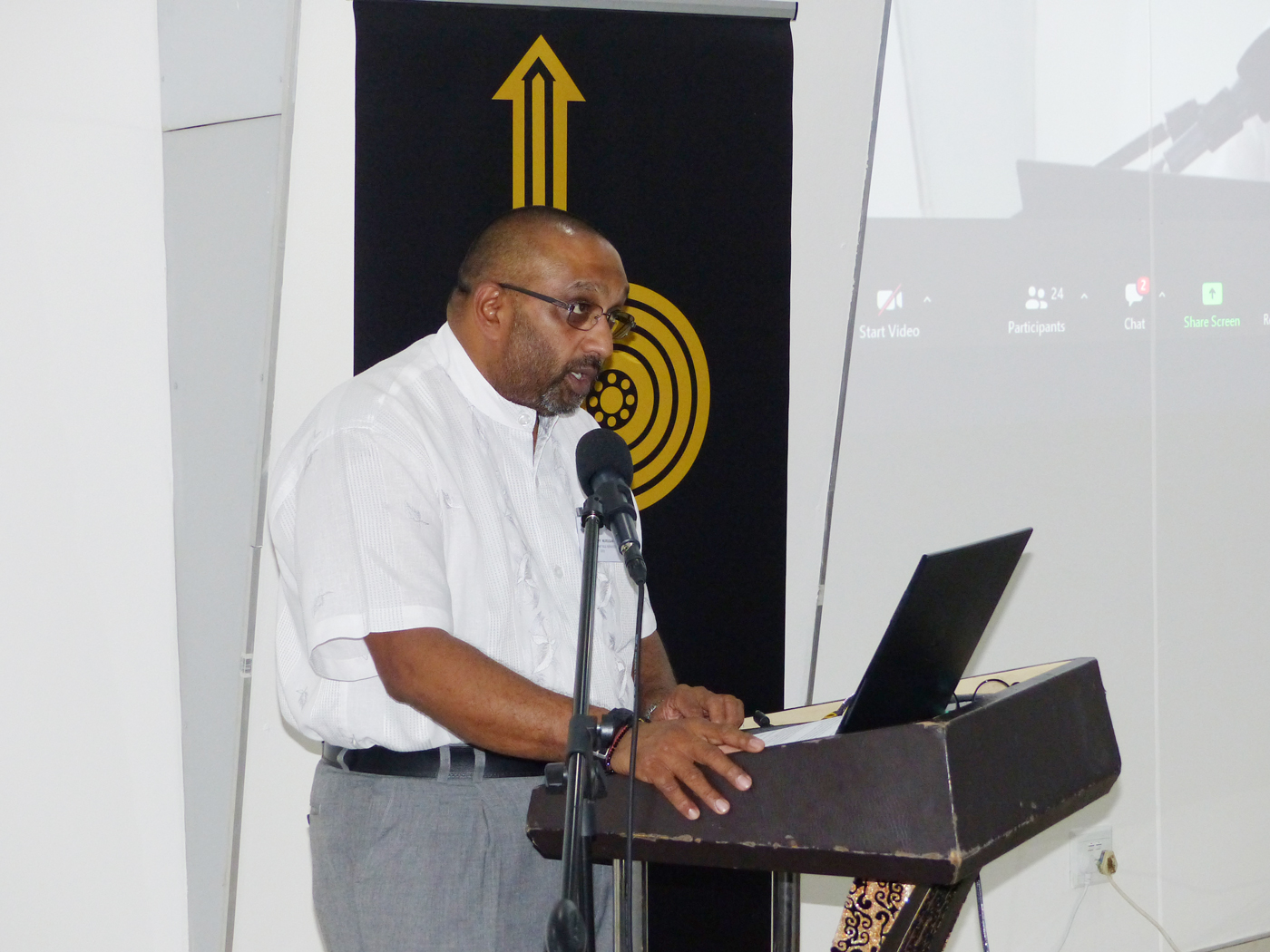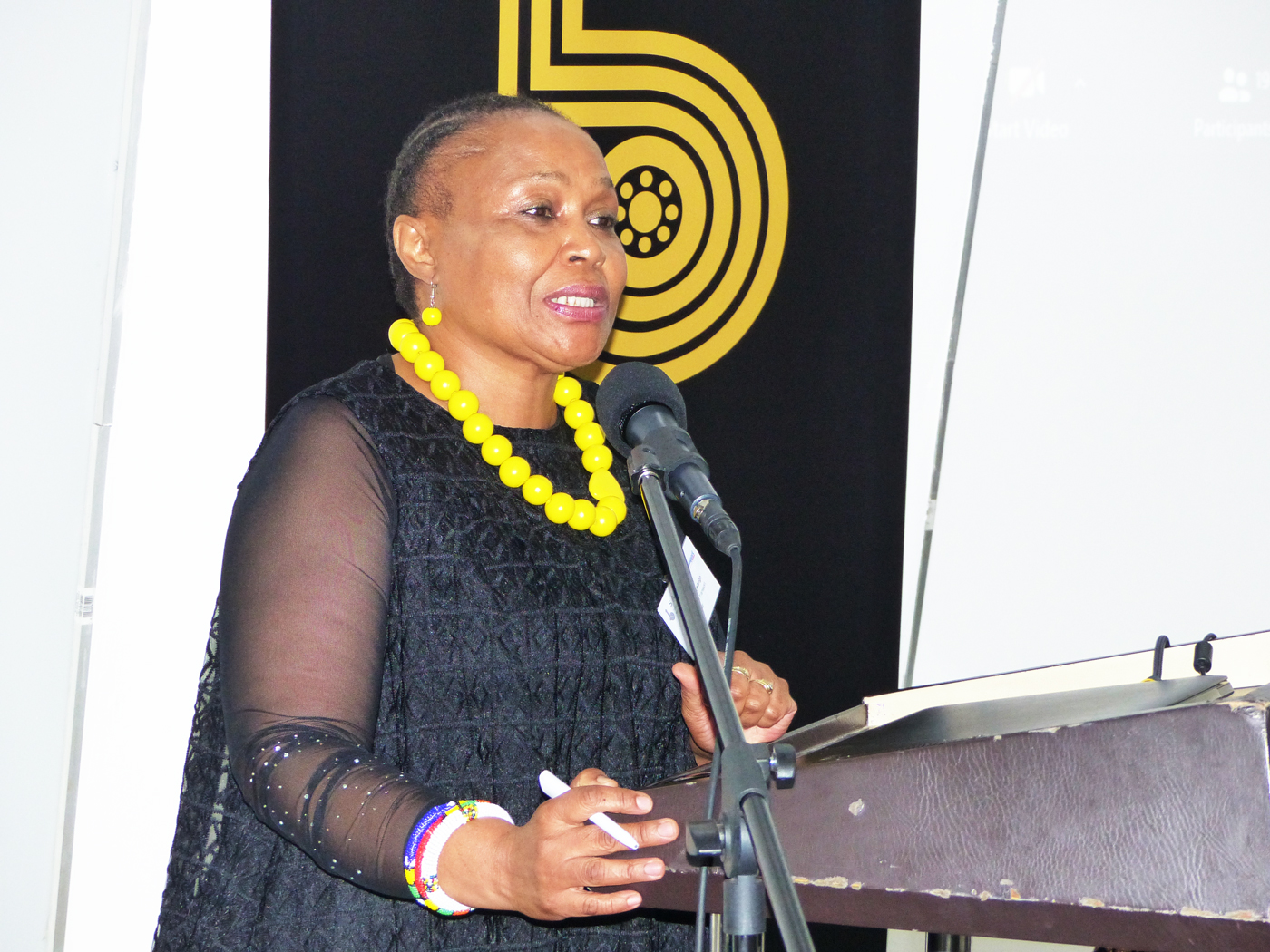Is it time for change?
Is it time for change?
This month, the Southern African Bus Operators’ Association (SABOA) hosted a two-day bus and coach industry strategy workshop at the Lakes Hotel and Conference Centre, Benoni. BAZIL GOVENDER explains that the purpose of the workshop was to answer this question: is it time to do something different?
The blended event was well supported and attended by a range of members and industry stakeholders, both in person and virtually via Zoom and YouTube live streaming on the Transport Forum platform.
The programme was coordinated by myself, assisted by the facilitator, Gerhard Kotzee, from Dabar Enterprises.
Against a backdrop of decades of policy uncertainty and current macroeconomic pressures, the programme incorporated presentations from expert commentators in their fields of expertise on day one and ended day two with a summary of the core strategic issues to be formulated into an action plan.
Key, salient, and sobering high-level comments emanating from the presentations included:
- Mathabatha Mokonyama, deputy director general of the National Department of Transport (DoT), questioned whether, despite the “very sound policies” in place, these policies are actually implementable. This 25 years after the White Paper on Transport was introduced.
- Macro-economic analyst Christelle Grobler, from Standard Bank Research Division, stated that the financial outlook appears to be on a slight upward positive tick.
- Ntsoaki Mamashela, director of employment equity at the Department of Labour, stated that the transport sector equity targets will follow a process of public consultations via a gazetted process, provided that the Employment Equity Amendment Bill is signed off by the president.
- Peter Olyott, CEO of Indwe Broker Holdings and director of the Financial Intermediaries Association of Southern Africa (FIA), shared valuable insights into the agile approach that SABOA, as a NPO and a member-driven association, could undertake to strengthen its image, increase membership, and foster sustainability through the representation of members’ interests. He encouraged us to ensure that the DNA of the association is reviewed and said our approach to engagement with government should be aligned.
- Steve Cornelius, senior account executive within logistics in Simah, stressed that the industry must critically review risk mitigation in the face of ongoing and elevated risks. He said that this can be done by reviewing the choice of insurer together with the choice of policy that members undertake.
- The Project Rhynbow Team was led by Eleanor Krige, from Element Energy, who opened the industry up to thoughts and ideas around hydrogen mobility. The key takeaway was the wide gap that still exists between policy and funding interventions.



Above: SABOA president Terry Murugan delivered the opening address; the deputy director general of the National Department of Transport, Mathabatha Mokonyama, delivered a keynote address; and SABOA vice president Imogene Mncwango delivered the closing sentiments and thanks.
Given that the industry is still under siege by ongoing and increasing levels of attacks and intimidation and the loss of assets and infrastructure due to random acts of violence, it was crucial that engagements with the South African Police Services (SAPS) took place on the morning of the second day.
Colonel Freddie Booysen, who is based at the SAPS national head office within the Visible Policing and Operations Department, stressed the need for a collaborative approach. It is clear that we need to work as partners to set up teams from the industry and SAPS to jointly take the violence avoidance macro-strategy forward.
The workshop concluded with the industry members and stakeholders jointly resolving to address the following core issues:
- Public transport funding
- Contract uncertainty and the 30% set aside principles
- Macro-economic conditions
- Green energy and transport transition
- BBBEE and employment equity legislation and transformation
- Local governmental authority and environment
- The ongoing and constant changes of key personnel and officials within government departments
- The taxi industry’s increasing market share
- The need for more and correct recognition of the bus and coach industry, the role it plays, and the contribution it makes
Between these debates and discussions, the internal structures of SABOA, the Executive Committee (EXCO), and the highest decision-making structure (the National Council) resolved to approve a sustainable budget, built on further consolidation of the Association, and to follow up with a focused workshop to structure the key strategic thrusts for 2023 and beyond.
The structures will ensure that optimal prioritisation coupled with resource allocations and time frames are set out for transparency and accountability.
This became necessary in the light of the robust debate around, perhaps, the most burning question that arose: Given many, many years of deliberations over the same core issues facing the industry, is it not time for the industry to take a different approach?
With this in mind, there are some key initiatives that will come to the fore in 2023, via SABOA, on behalf of the industry. These are:
- A business breakfast to be hosted by multiple stakeholders to welcome the new Minister of Transport and the recently appointed director general at the DoT.
- An independent industry survey to determine the true impact and quantum of losses (lives/livelihoods and services) due to crime, intimidation, and public disorder and protests.
- Initial discussions to form a federation of associations, aligning the industry associations towards the common areas of focus, while ensuring each retains identity and representation for sectors and members.
- A potential series of round table indabas incorporating the entire road transport sector and government, the industry, and the matrix of SAPS hierarchy, as well as with community and commuter forum representatives.
The completed strategy document with core actions and deliverables will be made available via normal communication channels, the SABOA website, and in FOCUS magazine once signed off for release.
On the whole, the event was deemed to be a successful and crucial coming together, allowing for wide and varied industry stakeholder attendance and involvement.
SABOA extends thanks to all who attended and participated, and to the Transport Forum team for managing a two-day hybrid event on their platform under trying conditions.
You can view the session on the SABOA YouTube playlist, while the event has also been published in the Photo Gallery of our website.
Your feedback is important to us. Would you kindly click here to provide short feedback on the event?
Published by
Bazil Govender
focusmagsa




